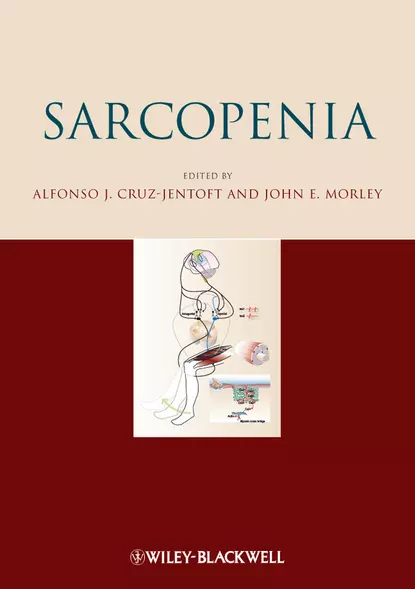Sarcopenia

Поделись книгой!
Автор: Morley John E.
Издательство: John Wiley & Sons Limited
Категория: Медицина
ISBN: 9781118338025
📓 Sarcopenia is a major therapeutic challenge and a public health priority in both the US and Europe. More than two decades after the word was first used to define a distinct clinical condition, the definition of sarcopenia remains open for discussion,nd its clinical relevance is still not fully understood. This book provides some answers. It is a valuable addition to the existing literature, providing a one-stop shop for state-of-the-art information on a topic of particular relevance for geriatricians and all those who care for the older population. Sarcopenia has serious health consequences of sarcopenia in terms of frailty, disability, morbidity, and mortality. Identifying high risk groups of older people is straightforward, but making a diagnosis is more difficult. Having addressed the definition of sarcopenia the book therefore goes on to discuss current open questions that concern the clinical management of the condition. Chapters cover nosology, pathophysiology, clinical identification, and treatment: for example, is sarcopenia a normal part of the ageing process? When does it become a disease state? Is it only a morphologic or functional abnormality, or is it an age-related disease? Epidemiological, clinical, diagnostic and therapeutic aspects of sarcopenia are covered, as well as possible methods of prevention and treatment options. Defines and explains the clinical relevance of sarcopenia Covers all recent scientific evidence Discusses treatment options Considers ways of prevention Written by experts in the field from both the US and Europe, this book will be of practical interest to geriatricians, clinicians and professionals working in nursing homes, nutrition and sport medicine. It is also a valuable and comprehensive reference work for professionals, post-graduates and researchers on age-related diseases, disability, nutrition and geriatric medicine.
Мнения